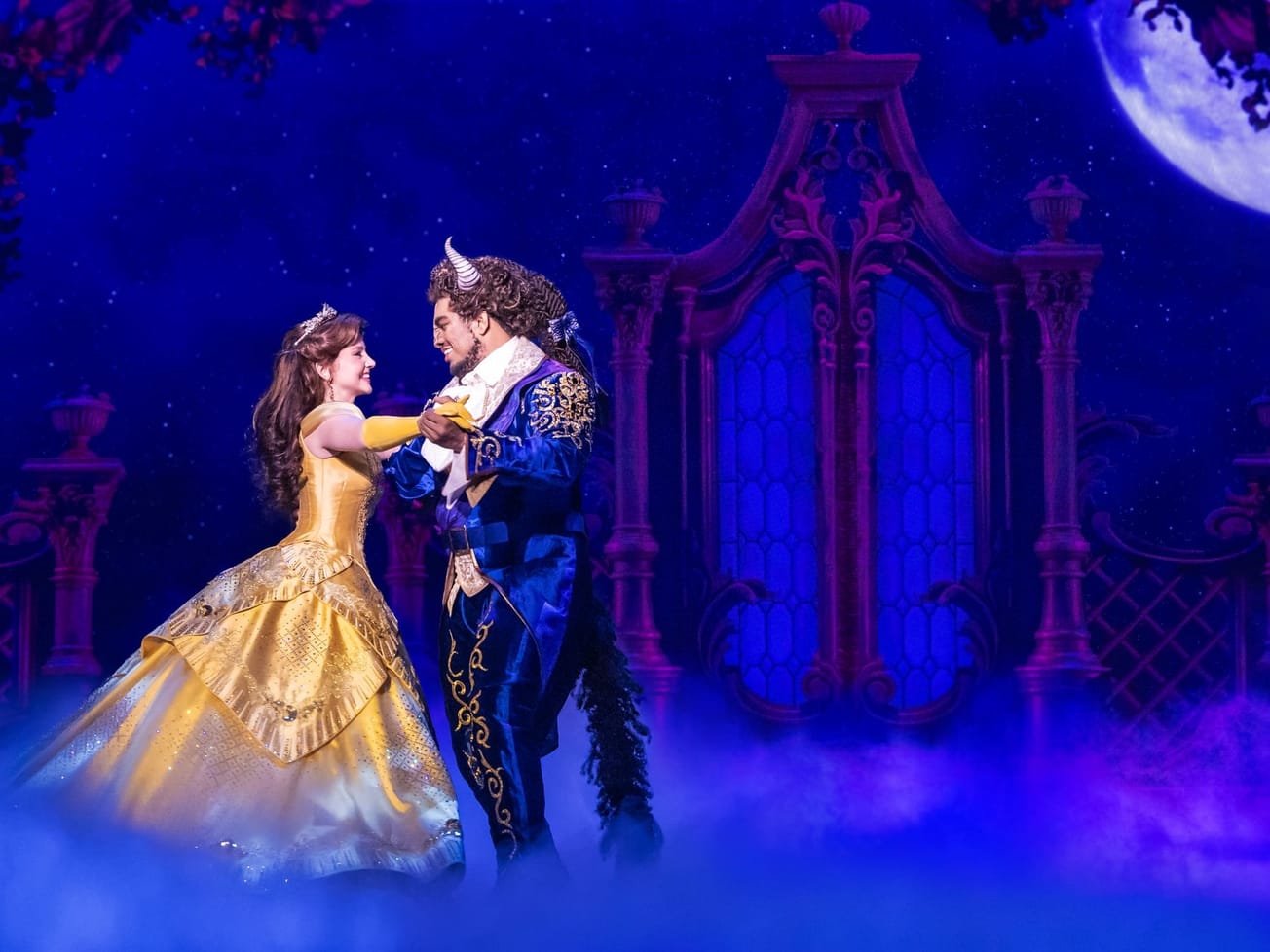When the theater goes to the library for inspiration, the results can often be disappointing. Even great books can wither and wilt when they are adapted for the stage. A happy if not entirely unexpected exception is “My Name Is Lucy Barton,” based on the novel by Elizabeth Strout.
The Broadway production, which has opened at Manhattan Theatre Club’s Samuel J. Friedman Theatre following an acclaimed London run, retains all the book’s quietly radiant humanity. And this quality is even enhanced by the performance of Laura Linney, the sole actor onstage, who embodies it to perfection. Although there is nothing florid or flashy about it — its delicacy and containment are the opposite of superficial bravura — hers is nevertheless the finest performance of the Broadway season to date.


























































